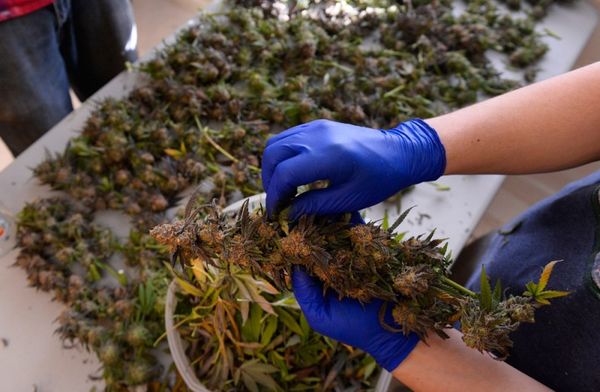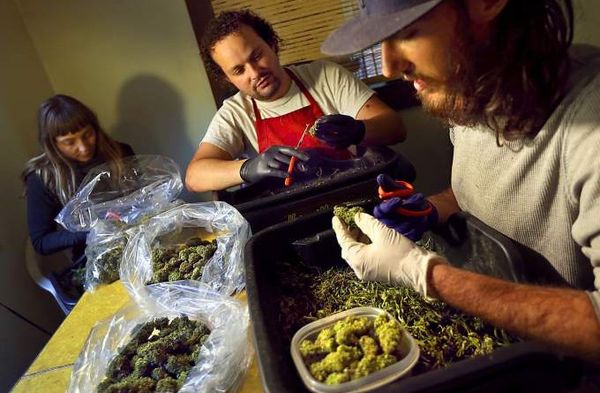- They are Spaniards, Germans, French or Italians that do not work professionally at cutting marijuana, however at this time of year they travel to the United States to earn enough money to then travel throughout the world. However, some face certain problems.

When autumn arrives, some small regions of California warmly welcome the arrival of foreign workers from very different destinations. There are Germans, French, Italians and Spaniards (among other nationalities), that have decided to travel there for a short period, the time when marijuana is trimmed.
For many years, Mendocino County has been one of those quiet places where accents from different parts of the globe begin to be heard around this time of year. The new residents are known as “trimmigrants” and form a crucial part of the lucrative cannabis industry in this area of the United States. It generates billions of dollars and has come to be viewed as the driving force behind the economy in the region.

It is a traditional phenomenon that extends until the end of November, and which has gained a reputation across the world, attracting an international group of citizens to a place that is not normally touristic. Those that decide to take the step and travel there, have the aim of earning enough money to subsequently travel around the world. They are not usually experts, but rather photographers, graphic designers and all kinds of professionals, but also (and above all) marijuana lovers that become day labourers for a while.
They are responsible for preparing the plant, cutting the unwanted parts and leaving the product almost ready for consumption. They can earn between 100 and 200 dollars (between 95 and 190 euros, approximately) for each half kilogram of cannabis. The quickest workers can easily process a kilogram per day.
The workers also contribute to the economy and often have the privilege of a house to stay in or a place to camp, provided by the producers themselves. However, the situation is not always as beneficial for everyone, given that some workers are forced to occupy parks, alleyways and even train tracks when they cannot find any other shelter. Also, the lack of regulation exposes them to problems with the authorities, which once again shows that legalisation is more necessary than ever.


Comments from our readers
There are no comments yet. Would you like to be the first?
Leave a comment!Did you like this post?
Your opinion about our seeds is very important to us and can help other users a lot (your email address won't be made public).